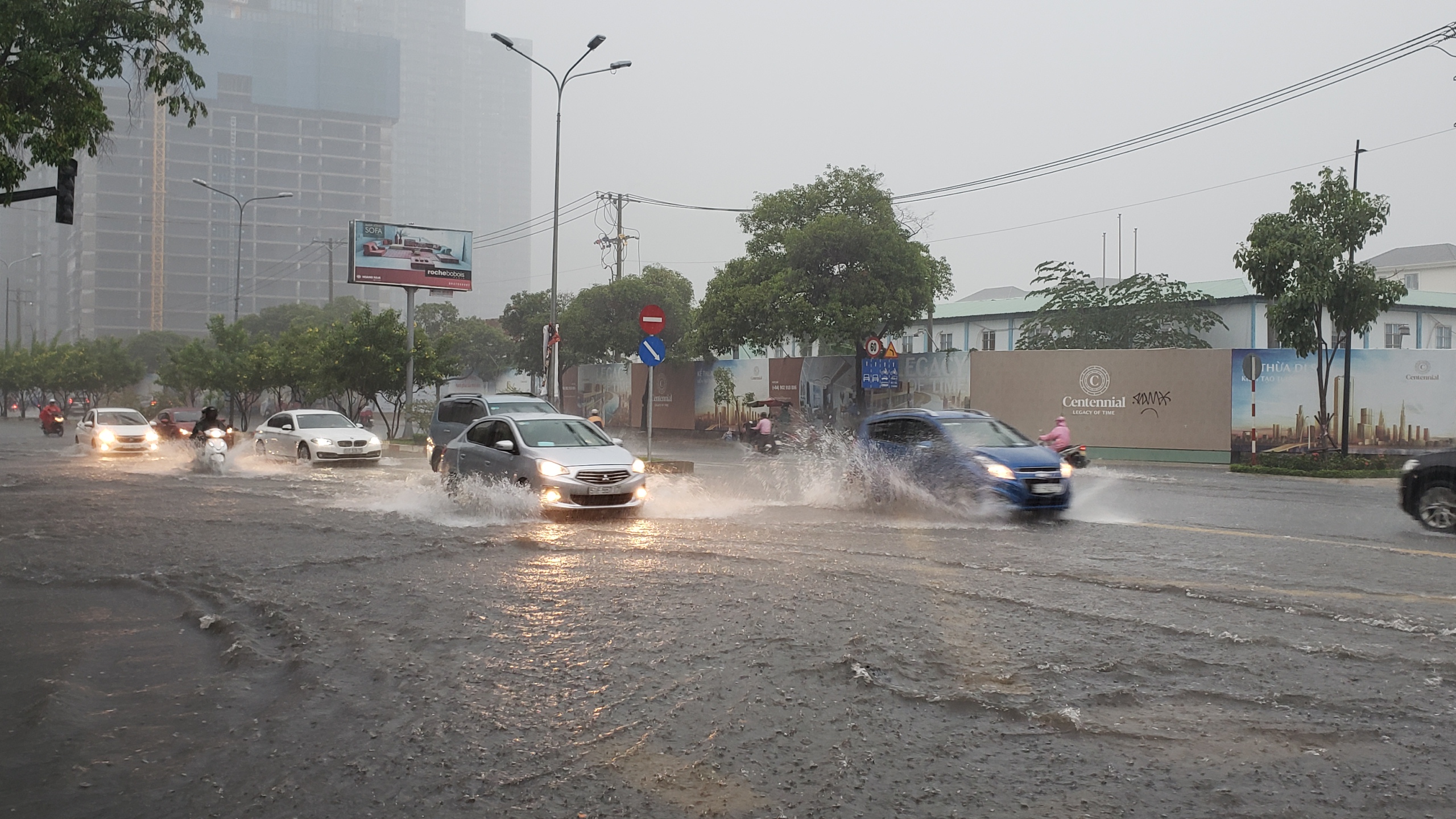HCM CITY — Improved linkages with international organizations are needed to hasten the progress of HCM City’s climate-adaptation action programs.
The workshop, organized by the city’s Department of Natural Resources and Environment in collaboration with the C40 Cities Climate Leadership Group, assessed the status of the city’s programs and received suggestions from experts on the city’s new Climate Action Plan for the 2020-30 period.
Mai Tuan Anh, head of the department’s Hydrometeorology and Climate Change Division, said that long-term climate-change response tasks were being carried out with the support of international organizations such as C40 and the Japan International Cooperation Agency (JICA).
Within the framework of a letter of intent on cooperation with C40, the city has committed to promoting action in response to climate change.
“Appropriate climate-change response policies in urban areas will help save billions of dollars annually,” Anh said.
“For example, power-saving activities of businesses and households help reduce greenhouse gas emissions, while policies on developing public transport limit chronic exposure to air pollution and reduce the number of traffic accidents.”
Ho Quoc Bang, director of the Air Pollution and Climate Change Research Centre under the Vietnam National University–HCM City, said that extreme weather events, such as heavy rains and extreme temperatures, were affecting people’s health as well as economic development and tourism in the city.
More than 20 climate-change adaptation projects had received assistance from international groups, but they had not met demand for several reasons.
“Financial problems, difficulties with administrative procedures, and limited capacity of human resources in implementation are among the main reasons,” he said.
He said the city should make plans for the rational use of land, water and energy resources, and develop waste treatment and public transport means using advanced, eco-friendly and energy-saving technologies.
The density of urban green spaces should also be increased, he said.
Climate action plan
Nguyen Trong Nghia, a policy and planning expert at RCEE-NIRAS JSC, said the city’ climate action plan identified priorities in 10 fields, including urban planning, energy, transportation, industry, water management, waste management, construction, health, agriculture and tourism.
“The city has combined its policies with solutions in other localities, and developed linkages among sectors to cope with climate change,” he said.
The C40 group said the city should focus on reducing emissions from electricity production, increase energy savings in buildings, develop public transport, improve solid waste management, and upgrade water drainage and water supply systems.
Environmental sanitation and natural disaster prevention were also important, it said.
Joselito Guevarra, head of C40’s Climate Action Planning in Southeast Asia, said Vietnam, Myanmar, the Philippines and Thailand were the countries in Southeast Asia most affected by climate change.
“The impact of climate change can affect people’s lives and food security in the region,” he said.
With the assistance of C40, he said he hoped that HCM City’s new Climate Action Planning would be completed soon.
After 14 years, the C40 Cities Climate Leadership Group now connects more than 90 of the world’s greatest cities and urges them to take bold climate action, leading the way towards a healthier and more sustainable future.
Five cities in Southeast Asia (Hanoi, HCM City, Jakarta, Kuala Lumpur and Quezon) have committed to C40’s Deadline 2020 Programme and have agreed to adopt ambitious, evidence-based climate action plans, as well as to speed up transformative climate actions.
The Deadline 2020 report sets out the critical role that the world’s major cities play in delivering the historic Paris Agreement to prevent catastrophic climate change.
To support this process, C40 has initiated a Climate Action Planning (CAP) program in the region which provides expert technical assistance, capacity building, and an embedded City Advisor to provide coordinating capacity in each participating city.
The HCM City’s CAP program is funded by the Danish Ministry of Foreign Affairs, while Hanoi’s CAP program is funded by the UK government’s Department for Business, Energy and Industrial Strategy.
